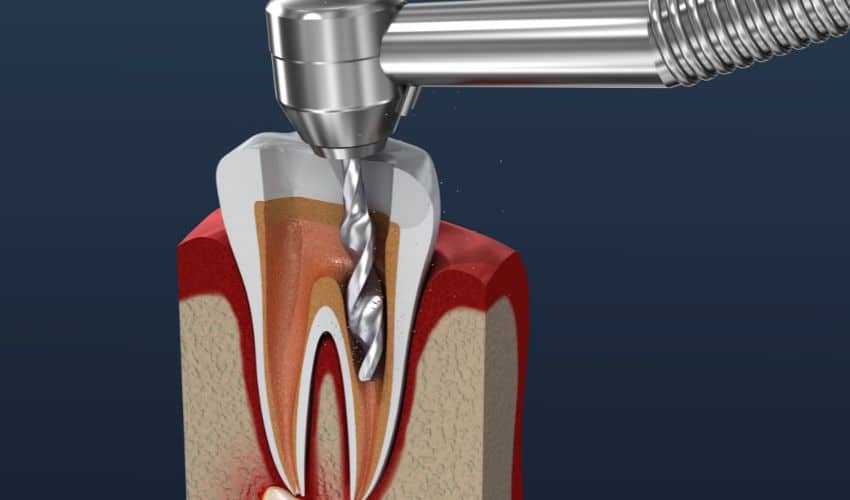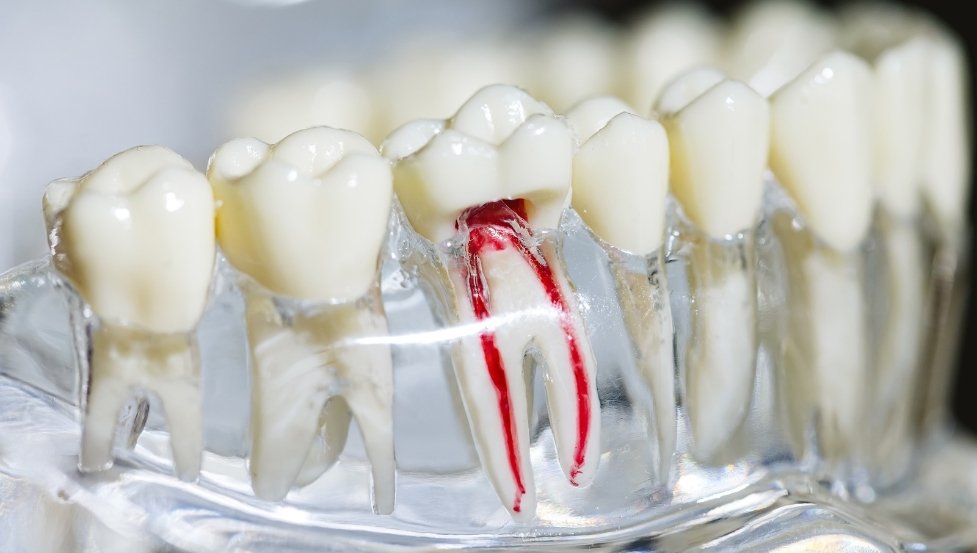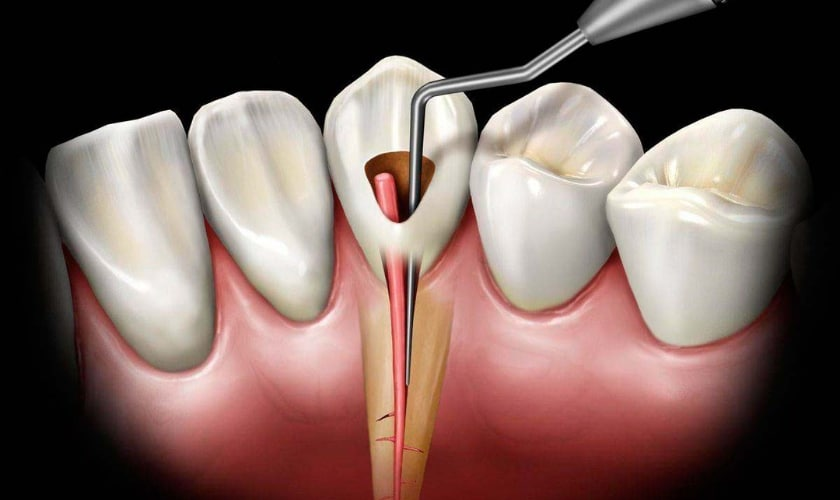
Entering the realm of dental procedures can be daunting, and one that often evokes a sense of apprehension is the notorious root canal. However, what happens after the dental chair ordeal is equally crucial. Understanding the post-root canal phase is vital for a smooth recovery and ensuring the longevity of the dental work. This guide will walk you through what to expect after a root canal, offering insights, tips, and reassurance for a comfortable and successful recovery.
Understanding Root Canal Therapy
Root canal therapy, also known as endodontic treatment, is a dental procedure designed to address issues within the pulp of a tooth. The pulp, located in the tooth’s center, contains nerves, blood vessels, and connective tissues. When the pulp becomes infected or inflamed due to deep decay, cracks, or trauma, a root canal becomes necessary to save the tooth. Root canal therapy, often surrounded by myths and misconceptions, is a dental procedure that plays a crucial role in preserving a compromised tooth.
While the mere mention of a root canal may evoke anxiety, understanding the ins and outs of this treatment is essential for informed decision-making about your dental health. Several signs may indicate the need for root canal therapy. Persistent toothache, sensitivity to hot or cold temperatures, swelling, and tenderness in the gums are common indicators. These symptoms suggest potential damage or infection in the tooth’s pulp, necessitating intervention to prevent further complications.
The Initial Aftermath of a Root Canal Procedure
Upon completing a root canal procedure, it’s common to experience numbness owing to the effects of local anesthesia. This numbness typically subsides after a few hours, revealing the initial sensations of the post-treatment phase. It’s not unusual to encounter mild discomfort or sensitivity in the treated tooth during this period. In response, your dentist may prescribe pain relievers, and adhering to the recommended dosage is crucial.
Managing Pain And Discomfort In The Days Following A Root Canal
Effective pain management takes precedence in the subsequent days following a root canal. While over-the-counter pain medications can be instrumental in alleviating discomfort, it is of utmost importance to steer clear of aspirin, as it has the potential to impede the healing process. Applying an ice pack to the affected area in 15-minute intervals is beneficial for additional relief. If pain persists or intensifies, seek prompt advice from your dentist.
Mindful Eating And Drinking Practices For Optimal Recovery
The role of diet in the recovery process after a root canal is pivotal. In the immediate aftermath of the procedure, opting for softer foods becomes imperative to prevent exerting excessive pressure on the treated tooth. Nourishing options such as soups, yogurt, and mashed potatoes are highly recommended. Refraining from consuming extremely hot or cold foods is also advised, considering the possibility of temporary heightened sensitivity.
Elevated Oral Hygiene Measures Post-Root Canal Treatment
Maintaining impeccable oral hygiene emerges as a cornerstone of post-root canal care. Your dentist will likely recommend a regimen of gentle brushing and flossing, with meticulous attention to the treated area. The use of a soft-bristled toothbrush is advocated to minimize potential irritation. Furthermore, incorporating an antiseptic mouthwash into your oral care routine is an additional layer of defense against potential infections. Strict adherence to these oral hygiene practices is not merely recommended but is vital for a complication-free recovery.
Ongoing Care Through Follow-Up Appointments
The commitment to post-root canal care extends beyond the procedural room. Follow-up appointments with your dentist are instrumental in monitoring the ongoing healing process. During these visits, your dentist will assess the condition of the treated tooth, address any emerging concerns, and ensure that the recovery is progressing as anticipated. Skipping these appointments is strongly discouraged, as they play a pivotal role in determining the overall success of the root canal procedure.
Vigilance For Potential Complications And Early Intervention
While complications following a root canal are infrequent, awareness of potential warning signs is essential. Persistent pain, swelling, or discharge from the treated tooth may indicate an underlying issue. Should you experience any of these symptoms, it is paramount to contact your dentist promptly. Early intervention is a key factor in effectively addressing and mitigating potential complications.
Embarking on the journey post-root canal may seem daunting, but armed with knowledge and a proactive approach, it becomes a manageable and, in many cases, uneventful process. Diligent care, adherence to post-treatment instructions, and timely communication with your dentist are the cornerstones of a successful recovery. By understanding what to expect after a root canal, you’re not just ensuring a healthier smile but also contributing to your overall well-being.


